1. God designed marriage to be a loving and respectful partnership, not a slave/master dictatorship where one person dominates and controls the other. When one spouse seeks to gain power and control over the other and bullies or intimidates using words, finances, physical force, or the Scriptures, he or she is not only sinning against their spouse but also against God’s plan for marriage.
2. Every healthy adult relationship requires three essential ingredients to thrive. They are mutuality, reciprocity, and freedom. Mutuality means that each person brings into the relationship honesty, compassion, and respect. Reciprocity involves a give and take, where both people in the relationship share power and both people in the relationship share responsibility. Lastly, a healthy marriage needs freedom to express one’s thoughts, feelings and needs without fear as well as freedom to respectfully challenge someone’s behavior or ideas. When any of these three ingredients are missing we may be in a relationship with someone, but it is often difficult, unhealthy, and sometimes destructive.
All Marriages Struggle
3. All marriages experience angst, disagreement, and struggle. When a conflict arises mature people engage in conversations where they discuss, negotiate compromise, as well as respect one another’s differences, feelings and desires. They work on problem solving, not attacking one another.
4. When a person is seriously sinned against, Jesus understands it fractures relationships. He provides instructions for relationship repair in Matthew 18. First, we are to go to the person who has sinned against us and speak to them about it. However, when that conversation does not result in repentance, no reconciliation of the relationship can take place, even if one-sided forgiveness is granted. Relationships are damaged by sin and are not repaired without repentance and restitution. Joseph forgave his brothers long before he saw them again when they came looking for food in Egypt, but he did not trust them or reconcile with them until he saw their hearts were changed (Genesis 44,45).
5. When a person or spouse respectfully speaks up against injustice and oppression in a marriage (or anywhere else for that matter), God is with them. When a spouse speaks up against the abuse and injustice in her marriage, Christians need to come alongside her, hear her, and provide church support and help. In practicing Matthew 18, she is seeking true reconciliation and is attempting biblical peacemaking. The church must not pressure her to reconcile without any evidence of repentance or to be a peace at any price peacekeeper.
God does not care more about the institution of marriage than the safety and sanity of the people in it.
Close Marriages Impossible With No Repentance or Change
6. If the abuser refuses to listen, refuses to repent or change, the blessings of a close marriage are impossible. Unconditional love does not equal unconditional relationship. God loves humankind unconditionally but does not offer unconditional relationship to everyone. Our sin separates us from God and repeated unacknowledged and unrepentant sin also separates us from one another. Marital intimacy, trust, fellowship, and warmth cannot exist where there is fear, threats, intimidation, bullying and disrespect of one’s thoughts, feelings, body, or personhood. A marriage with no boundaries or conditions It is not psychologically healthy, nor is it spiritually sound.
7. One person in a difficult/destructive marriage can make the relationship better by not reacting sinfully to mistreatment, not retaliating and not repaying evil for evil, but one person in a difficult marriage cannot make a bad marriage good all by herself. It takes both people working together. Sometimes people helpers place an inordinately heavy burden on one spouse to somehow maintain fellowship and intimacy in a relationship while they are repeatedly being sinned against.
Do Not Push Quick Healing
8. If the couple desires biblical change, Christian people helpers (pastors, Christian counselors, well meaning friends) must not attempt to heal the couple’s serious marital wounds superficially by pushing premature reconciliation or promising peace when there is no true peace (Jeremiah 6:14) A Biblical peacemaker knows there is no quick fix to these difficult situations and walk this couple through the counseling stages of safety, sanity, and stability, until they reach security. There is no mutual counseling possible without first establishing some history of safety, not only physically, but emotionally and financially.
9. When trust in a marriage is broken (through deceit, infidelity, abuse, or unfaithfulness in various ways), the marriage is seriously damaged. The gift of consequences[1] can be a painful but potent reminder that the wrong-doer will not reap the benefits of a good marriage when they continue to sow discord, sin and selfishness. Consequences may include legal ramifications, church discipline, and/or loss of relationship through separation when warranted.
10. Church and pastoral support and accountability are critical for a couple to heal from a destructive relationship pattern. Secrets destroy. An atmosphere of loving accountability and support along with zero tolerance for manipulation, abuse, or power and control over another individual, is the optimal environment for biblical peacemaking and relationship repair to take place.
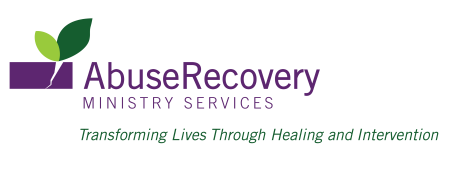

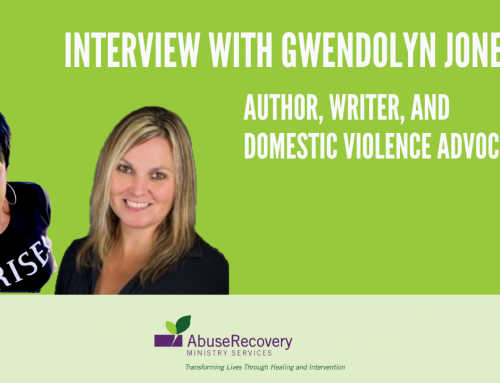
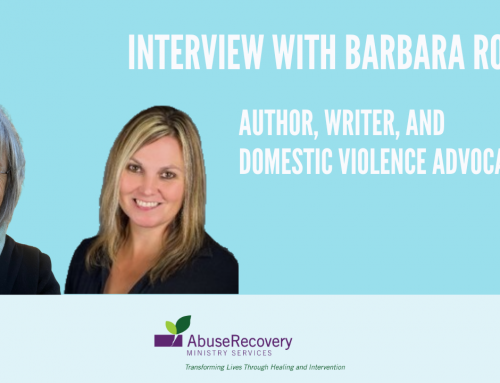
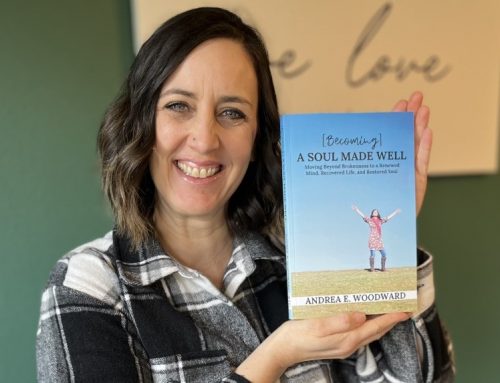
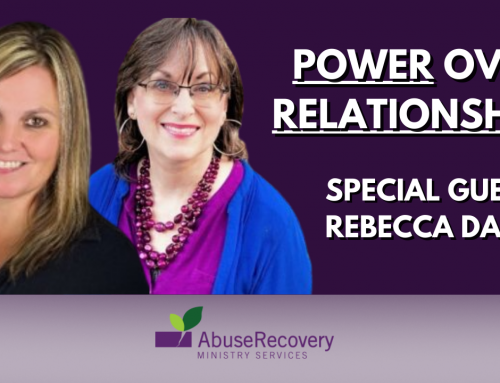

Leave A Comment